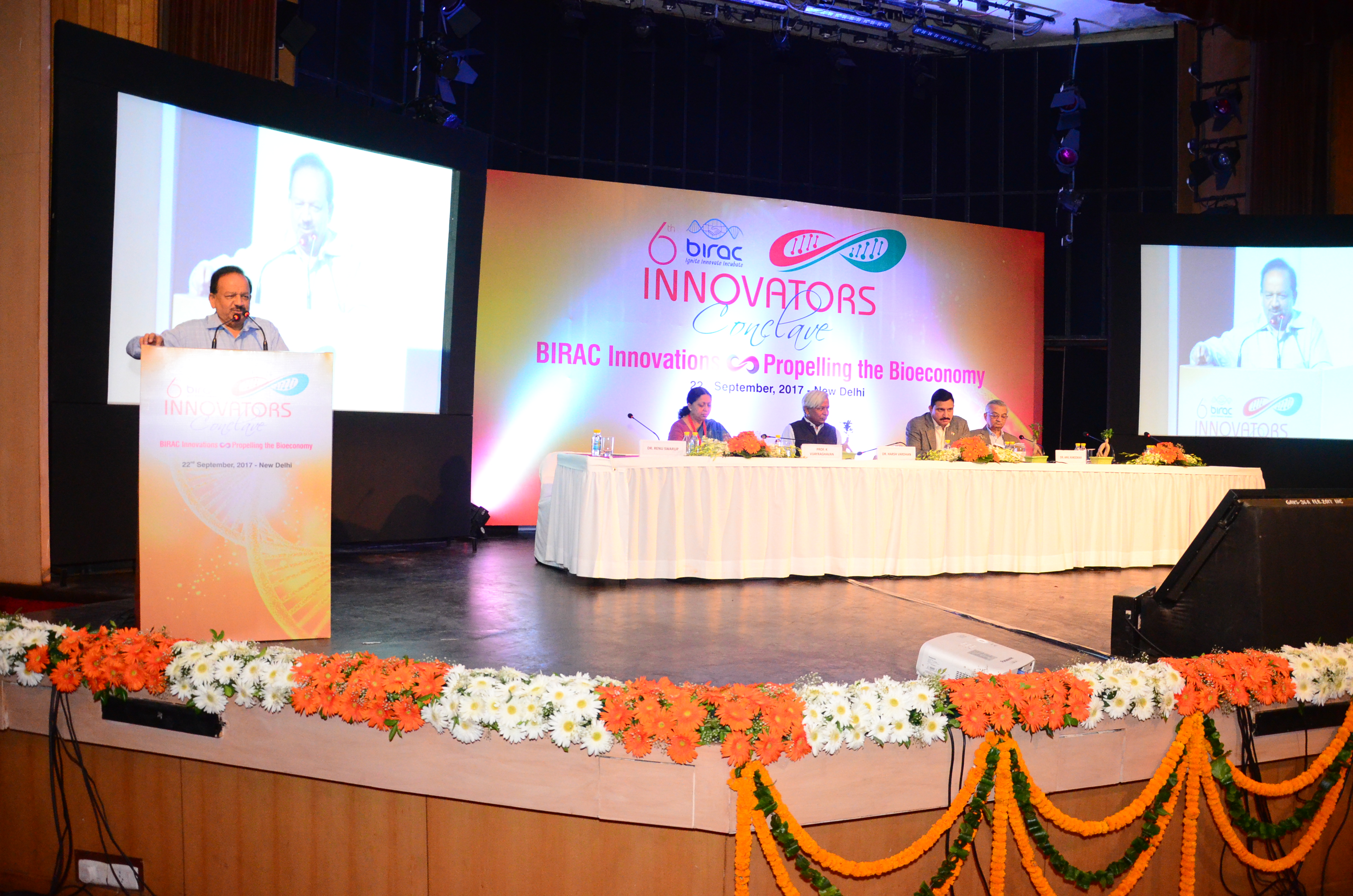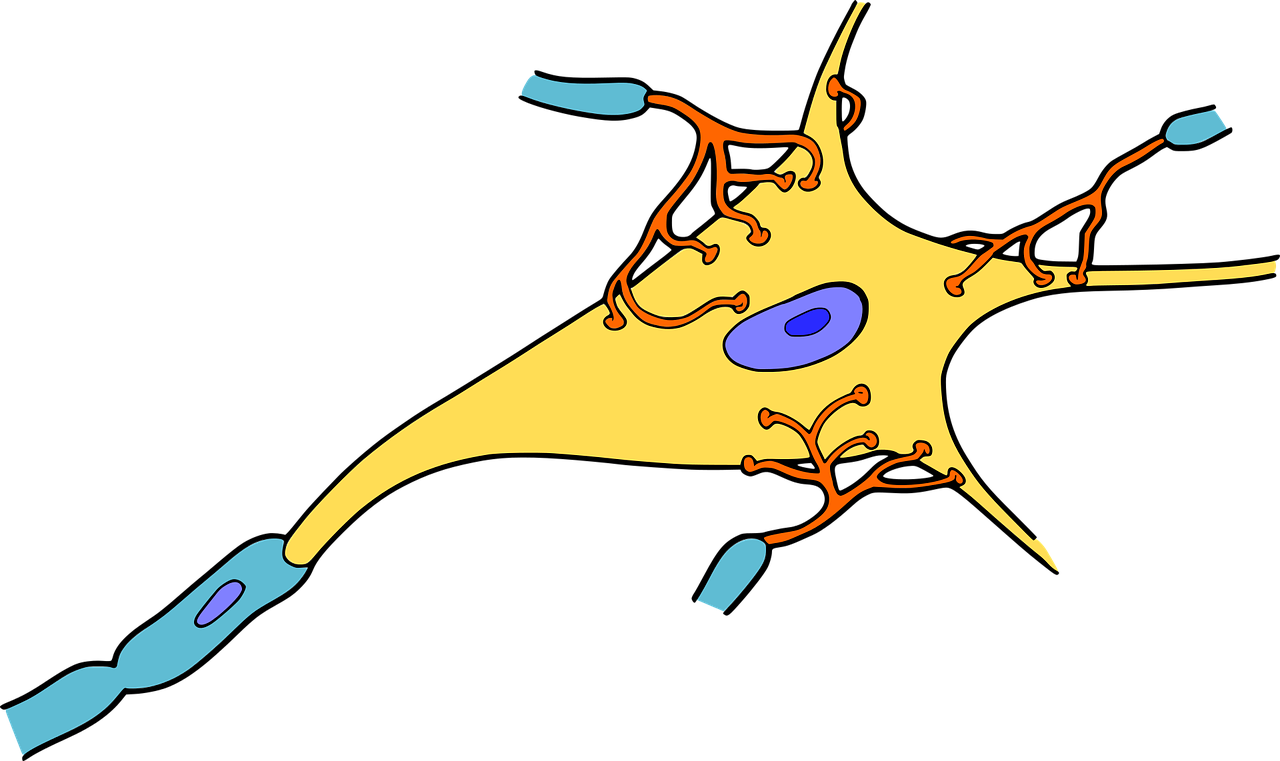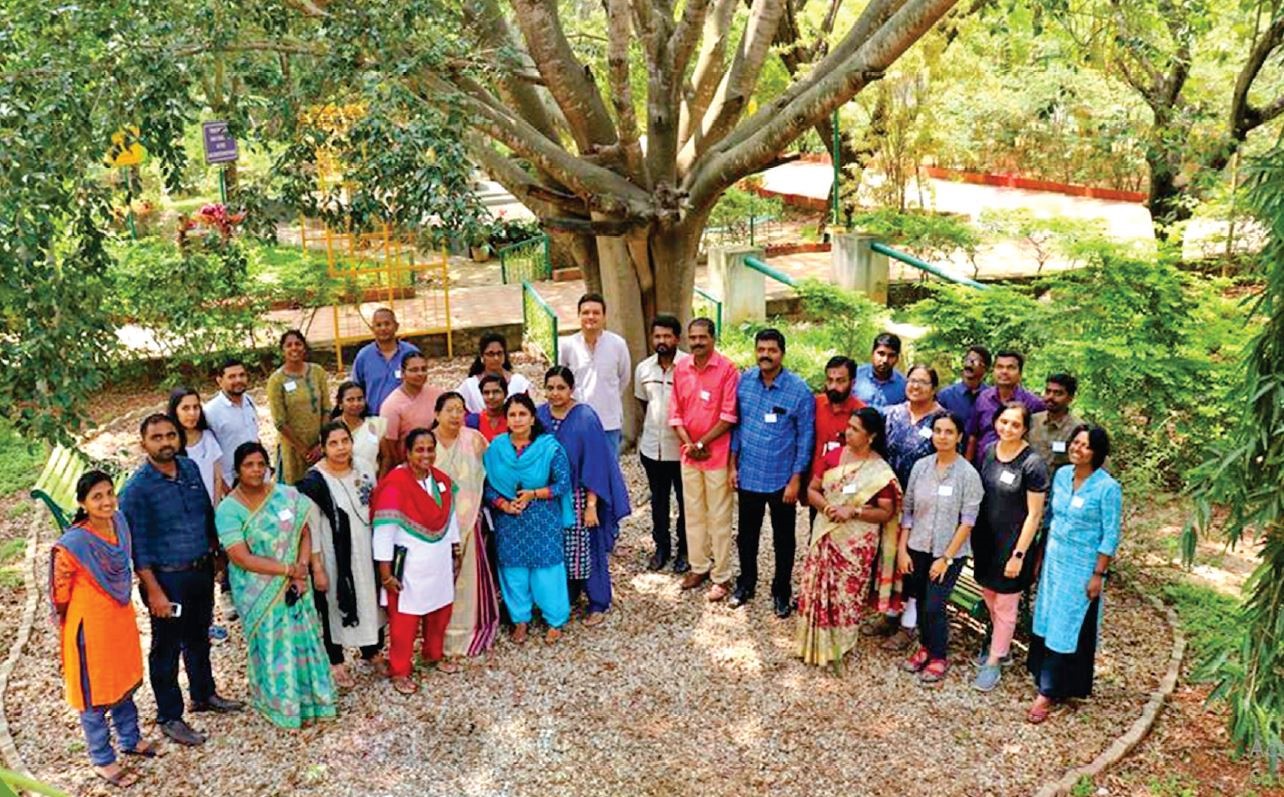
New Initiatives to Boost Technology Incubators in India
- News
- 1.4K
The government has decided to set up 15 new biotechnology incubators and another 15 new technology business incubators during the coming financial year.
The new initiatives spelled out in the budget is designed to help translate new technologies developed by biotech and other companies into products of use to society. Addressing a press conference, Minister for Science and Technology and Earth Sciences, Dr. Harsh Vardhan, noted that apart from the incubators, the Biotechnology Industry Research Assistance Council (BIRAC) will support setting up of 3,000 additional start-ups in different parts of the country.
He said the budget allocation for science and technology has been increasing since 2014 when the present government took office. “The allocation for Department of Science and Technology (DST) for the last five years has witnessed a whopping 90 percent increase over preceding five years (2009-10 to 2013-14), followed by a 65 percent increase for Department of Biotechnology (DBT), 43 percent for Council of Scientific and Industrial Research (CSIR) and 26 percent for the Ministry of Earth Sciences (MoES)”.
Asked about reports of fund shortage faced by CSIR last year, he agreed that there was an issue because the Council had to implement the Seventh Pay Commission recommendations for its employees. But, this year, that problem will not be there.
He noted that CSIR, as well as DST, DBT, and MoES, have been allocated more funds this year. The increase is eight percent for DST, 3.56 percent for CSIR, 6.7 percent for DBT, and 12.7 percent for MoES.
He noted that among other new initiatives, the India Meteorological Department under MoES would provide agro-meteorological advisory to 50 million farmers by the end of the year, against 24 million farmers at present. In addition, a new Mission for Cyber-Physical-Systems will be launched. (India Science Wire)
By Sunderarajan Padmanabhan
Image BIRAC
For the latest Science and Tech news and conversations, follow Research Stash on Twitter, Facebook, and subscribe to our YouTube channel


